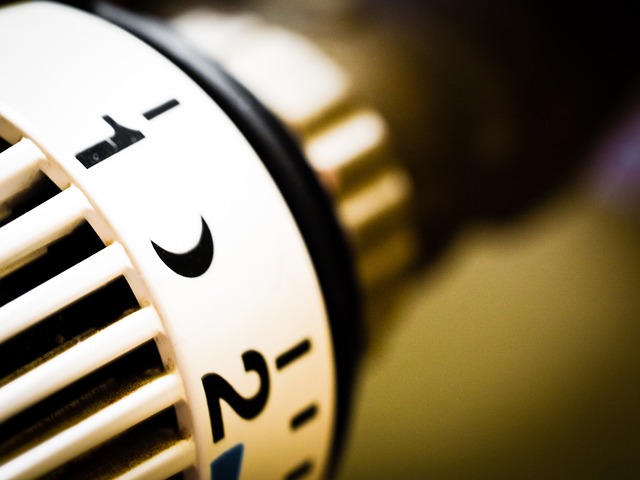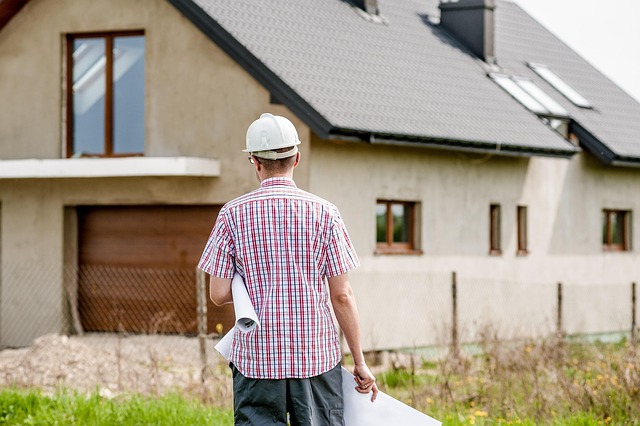Prioritize winter heating efficiency and cost savings with proactive measures. Start with a professional inspection to identify issues like duct leaks or faulty thermostats. Obtain estimates for repairs or upgrades to modern, high-efficiency systems. Regular maintenance, including sealing leaks and smart temperature controls, reduces costs and environmental impact. Compare fuel options and optimize plumbing for further savings. Timely troubleshooting and emergency services minimize disruptions and keep costs down.
Stay cozy this winter while slashing heating costs with these expert tips. Assessing your heating system’s repair needs is a great first step—don’t overlook potential issues that could drive up bills. Explore energy-efficient upgrades for long-term savings, and seal leaks to prevent heat loss from your home. Time maintenance and compare fuel options to further reduce expenses. Get the most out of your heating system and save money on repairs with these simple strategies.
- Assess Your Heating System Repair Needs
- Explore Energy Efficient Upgrades
- Seal Leaks to Prevent Heat Loss
- Time Your Heating System Maintenance
- Compare Fuel Options for Cost Savings
Assess Your Heating System Repair Needs

Before you start thinking about saving on heating costs this winter, it’s crucial to assess your current heating system repair needs. A well-maintained furnace or heating system is key to energy efficiency and reducing expenses. Start by scheduling a professional inspection to identify any potential issues that may arise during the colder months. This includes checking for leaks in ducts, evaluating the condition of your thermostat, and ensuring your furnace’s internal components are functioning optimally.
By taking proactive measures and obtaining a free estimate for repairs, you can modernize your heat distribution system and make informed decisions. Replacing outdated parts or upgrading to a more energy-efficient model may seem like a significant investment upfront, but these steps will pay off in the long run by saving you money on your utility bills.
Explore Energy Efficient Upgrades

Upgrading your home’s heating system can significantly save on winter heating costs. Start by exploring energy-efficient options like modern, high-efficiency furnaces or heat pumps. These advanced systems circulate air and water more effectively, resulting in increased heating efficiency compared to older models. A plumber in Bromsgrove can assist with installation and ensure optimal performance.
Additionally, consider fixing broken thermostats and implementing smart temperature controls. Eco-friendly heating options like programmable thermostats allow you to set precise temperatures for different times of the day, preventing energy wastage. Regular maintenance and timely repairs of your heating system are key to maximizing efficiency, reducing costs, and minimizing environmental impact.
Seal Leaks to Prevent Heat Loss

Sealing leaks is a simple yet effective way to save money on your winter heating costs. Even small gaps in doors, windows, or walls can allow heated air to escape, leading to higher energy bills. Start by conducting a thorough check for any signs of drafts and using caulk or weatherstripping to seal these areas. For older homes, addressing radiator repair and restoration could be beneficial. Over time, radiators can develop leaks, not only causing heat loss but also posing potential safety hazards. Regular maintenance, including ductwork sealing, will ensure your heating system runs efficiently and safely throughout the winter.
Incorporating passive solar heating methods is another strategy to reduce reliance on active heating systems. By designing or modifying your home to maximize natural sunlight during colder months, you can significantly cut down on heating expenses. This approach not only saves money but also contributes to a greener environment by reducing overall energy consumption.
Time Your Heating System Maintenance

Regular maintenance is key to keeping your heating system running efficiently and reducing energy costs during winter. Scheduling routine inspections for your heating system repair can prevent costly breakdowns and improve overall performance. For instance, a professional technician can check for leaks in pipes or radiators, ensure proper air circulation, and optimize the settings on your thermostat.
Timely maintenance also involves checking the condition of your hydronic heating systems troubleshooting components, such as boilers and water heaters. A well-maintained system will not only extend its lifespan but also provide consistent comfort throughout the cold months. Additionally, a professional can perform essential tasks like cleaning or replacing filters, which improves air quality and ensures optimal thermostat calibration for precise temperature control.
Compare Fuel Options for Cost Savings

When looking to save money on winter heating costs, comparing fuel options is a smart first step. Not all heating sources are created equal; some are more energy-efficient and cost-effective than others. For instance, while natural gas is often considered a standard choice for heating systems repair, it’s worth investigating whether electric furnaces might be a better fit. These can offer efficient cooling and heating with lower operational costs, especially in areas where electricity rates are competitive.
Moreover, plumbing for heating systems plays a crucial role in maintaining optimal performance and minimizing energy waste. Regular troubleshooting of your heating system can help identify leaks or inefficiencies that contribute to higher bills. A 24/7 emergency service for heating system repair can be invaluable during unexpected breakdowns, preventing costly disruptions and ensuring quick, efficient solutions without breaking the bank.
By assessing your heating system’s repair needs, upgrading to energy efficiency, sealing leaks, timing maintenance, and comparing fuel options, you can significantly reduce winter heating costs. These strategies not only save money but also contribute to a more sustainable and comfortable living environment. Remember, even small adjustments can make a substantial difference in your energy bills.
